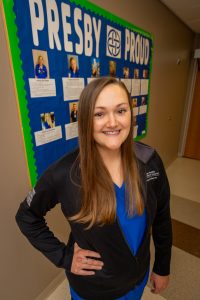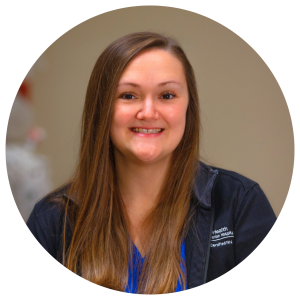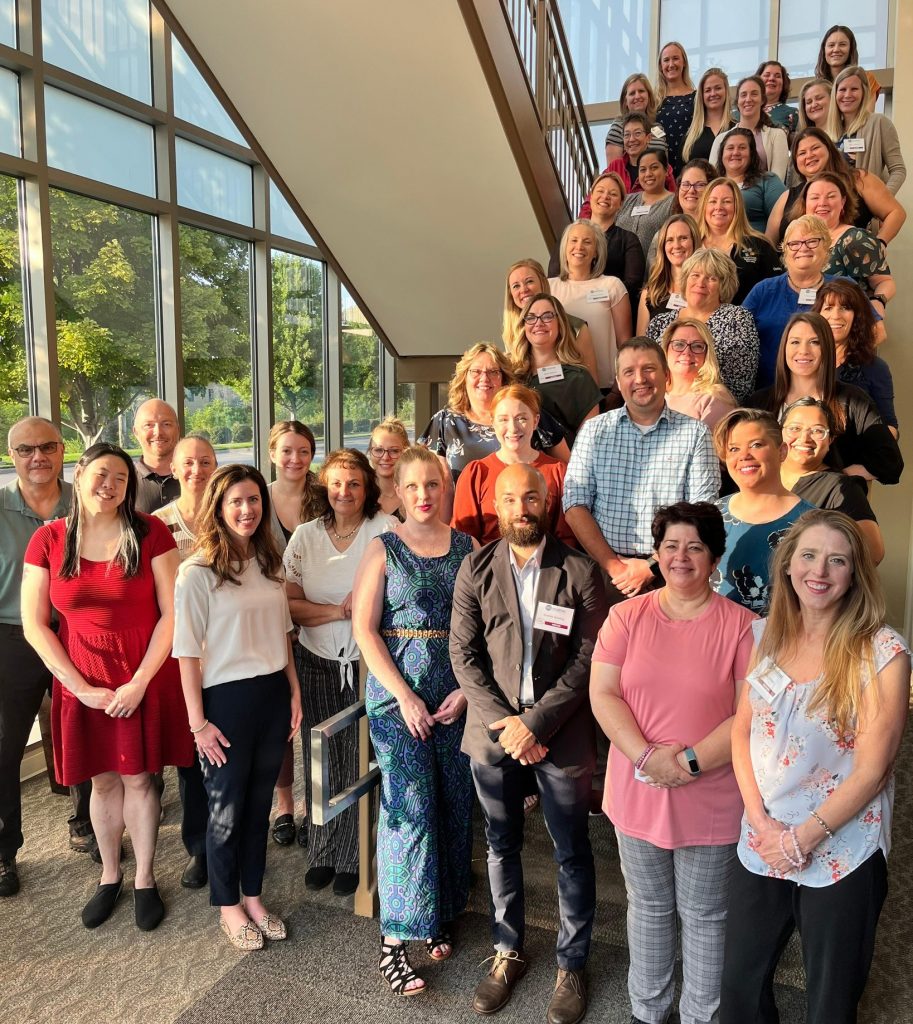On May 11, BCEN was proud to announce our 2023 Distinguished CEN Award winner:
Calee Muldrow, BSN, RN, CEN
Emergency Department RN
Texas Health Presbyterian Hospital Dallas
Dallas, TX
What does this award mean to you?
This award shows the dedication and love that I have for emergency nursing and staff development. Being selected for this award reinforces the commitment that I have to nursing excellence. I am humbled and honored to even be nominated, considering I wouldn’t be the nurse I am today without all of my phenomenal coworkers!
How does earning and maintaining the CEN credential make a difference in your practice and roles?
I truly believe that earning and maintaining a certification, the CEN in particular, has made me a more knowledgeable, well-rounded nurse. I routinely train new graduate nurses and obtaining my CEN has made me a more confident preceptor, which in return has significantly improved my practice.
What difference has being a CEN made for your patients and their families?
Obtaining the CEN improves the level of knowledge and understanding in all areas of emergency nursing. Whether it’s a medical, trauma, obstetrical, or environmental emergency, the CEN gives us the base knowledge to handle any situation in the ED.
Every day when I go to work, I strive to make a patient’s worst day in the ED just a little bit better by providing them with exceptional nursing care. I always provide compassionate care, but the CEN has allowed me the opportunity to be the most competent and educated nurse possible.
How does the CEN advance emergency nursing and emergency care for patients of all ages?
Emergency nursing is such a difficult yet rewarding specialty. Being a board certified emergency nurse helps solidify the information needed to be a safe, competent and knowledgeable nurse. I believe obtaining a certification is the first step towards nursing excellence.
Here’s what Crystal Smith, Texas Health Resources Manager of Clinical Excellence, who nominated Calee, had to say:
“Calee is a skilled nurse and an asset to our organization. She is a fierce advocate for nurses and her patients. She exemplifies clinical excellence and professionalism by promoting this in others and demonstrating these skills in her practice and in her achievements. Despite working in such a complex environment, she demonstrates a positive and calm disposition while providing quality care.
Calee encourages all nurses to pursue their CEN because she believes that certification increases the confidence, skill, and knowledge of nurses delivering emergency care. Due to Calee’s advocacy over the past two years, the number of specialty certified nurses has tripled, increasing the certification rate for the emergency department to 47%. She built a 150-page comprehensive guide to help nurses prepare for the CEN exam and tackle their test anxiety, and she created the “Presby Proud” certification highlight board to recognize each certified nurse and encourage others to earn theirs. As a preceptor, she has successfully onboarded new nurses into the emergency department, and over the past two years three of these new graduate nurses have obtained their CEN.
Calee believes that every nurse should use their voice and vantage point advance processes. As the ED unit-based council chair also serving on the hospital’s Professional Guidance Council, she has helped facilitate a unit-based council attendance growth of 28% and a reduction of the unit vacancy rate by 10%. She is active and engaged in multiple committees. She is a Magnet Champion who strives to highlight and support nursing excellence initiatives throughout her organization. And, she is pursuing a Master of Science in Nursing Education so she can further advance the professional development and skills of her colleagues and mentees to elevate quality care delivery.”
Read more about Calee and how she supports certification on the BCEN Awards page.
Read about all of BCEN’s 2023 Distinguished Award honorees here.


